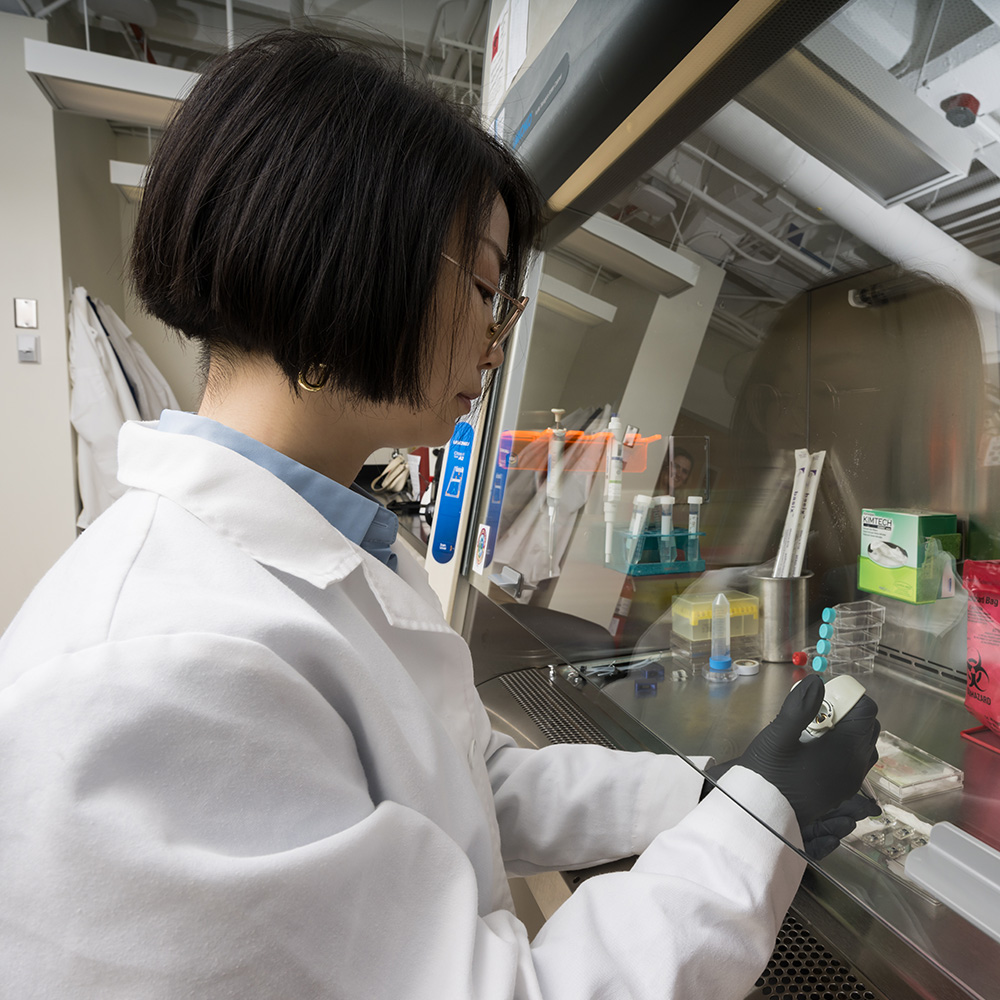Humanities and Social Sciences
All biomedical engineering majors must complete a total of four courses* in humanities and/or social sciences. Three of these courses must constitute an approved cluster in humanities or social sciences and must be passed with a 2.0 average or better. See the Cluster Search Engine to review courses and descriptions.
The fourth course can be chosen from any humanities or social science course.
*A minor, or a second major, in a humanities or social science area will also satisfy the cluster and additional course requirement.
Primary Writing Requirement
The primary writing requirement must be satisfied before declaring your major. Review the primary writing requirement page for more information.
Professional Writing Requirement
All students must complete WRTG 273: Communicating Your Professional Identity, an interactive course designed to teach "real life communication skills and strategies that help students present their best professional selves."
Students will explore and articulate their internship, career and graduate school goals for distinct audiences and purposes as they develop a professional communication portfolio of materials such as resumes, cover letters, statements of purpose, electronic communications, technical project abstracts, online profiles (i.e. LinkedIn), and oral presentations.
This course may be taken either in the spring of the sophomore year or the fall of the junior year.
Upper-Level Writing Requirement
Significant writing experience within the discipline is an important complement to the technical material. The following courses, as well as any upper-level BME course, will satisfy this requirement including:
- BME 221: Biomedical Computation and Statistics
- BME 230: BME Signals, Systems and Imaging
- BME 260: Quantitative Physiology
- BME 296: Senior Design Project

